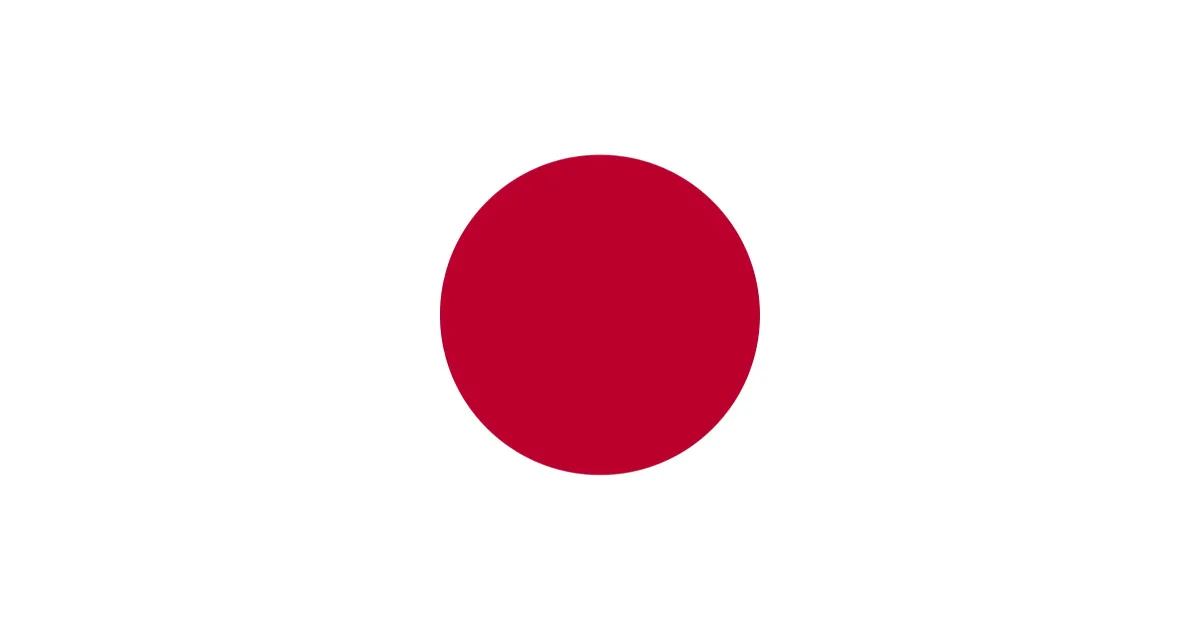Japan readies $700M fund to attract US researchers

Japan has unveiled an ambitious ¥100 billion ($693 million) initiative aimed at turning the country into a global hub for scientific research by luring top researchers from abroad—especially those in the United States disheartened by recent political and funding decisions under the Trump administration. As global competition intensifies for academic talent, Japan is positioning itself as a new haven for researchers seeking both resources and freedom.
A Strategic Play for Global Talent
Spearheaded by Minoru Kiuchi, Japan’s Minister of Economic Security and Minister of State for Science and Technology Policy, the initiative reflects a broader national effort to revitalize Japan’s research ecosystem, with a specific focus on high-stakes fields such as artificial intelligence, advanced materials, and semiconductor technologies.
"We will make utmost efforts to make our country the most attractive in the world for researchers," Kiuchi declared, underscoring the government’s commitment to international collaboration and academic excellence.
A major component of the package includes a ¥30 billion ($208 million) investment by Tohoku University in Sendai, which plans to recruit approximately 500 researchers from both Japan and abroad.
US Discontent: A Window of Opportunity
Japan's move comes at a time when the American research community is grappling with deep funding cuts and political interference. Under the Trump administration, critical scientific agencies such as NASA and the National Science Foundation saw significant budget reductions. Additionally, diversity and inclusion initiatives—a core part of modern research environments—have come under fire, raising concerns about academic freedom.
Many researchers in the US now face what some describe as a “starvation diet” for science funding. Lawsuits and public backlash have emerged in response to perceived anti-science policies, opening the door for other nations to offer sanctuary to those disillusioned by the changing American landscape.
Not Alone: A Global Trend
Japan is not the only nation capitalizing on the shifting sentiment. In May, the European Commission announced the "Choose Europe" campaign, a €500 million ($566 million) plan for 2025–2027 aimed at making Europe the world’s leading destination for research and innovation. This follows efforts like the “Safe Place For Science” program launched by Aix-Marseille University in France, which explicitly targets US academics seeking political and professional refuge.
Even the UK, despite slower political momentum, has entered the fray. The British Parliamentary Science, Innovation and Technology Committee recently urged the government to enhance efforts to recruit US-based researchers, although its funding commitment—just £50 million ($67 million)—lags far behind those of Japan and Europe.
Semiconductor Strategy: A Competitive Edge
Japan’s efforts may gain an extra boost from its broader industrial strategy, particularly in semiconductors. With billions already invested in initiatives such as Rapidus—a company established in 2022 to spearhead 2nm chip manufacturing by 2027—Japan offers not just funding but an ecosystem where research is closely tied to cutting-edge industry needs.
This integration of academic and industrial priorities may make Japan an especially attractive destination for researchers in applied sciences and engineering.
Final Thoughts
Japan is seizing a rare opportunity to rebuild its scientific stature and attract talent once bound for the US. With strategic investments, a focus on high-impact technologies, and a welcoming stance toward academic freedom, Japan hopes to position itself as more than just the Land of the Rising Sun—but as a rising star in global science.





